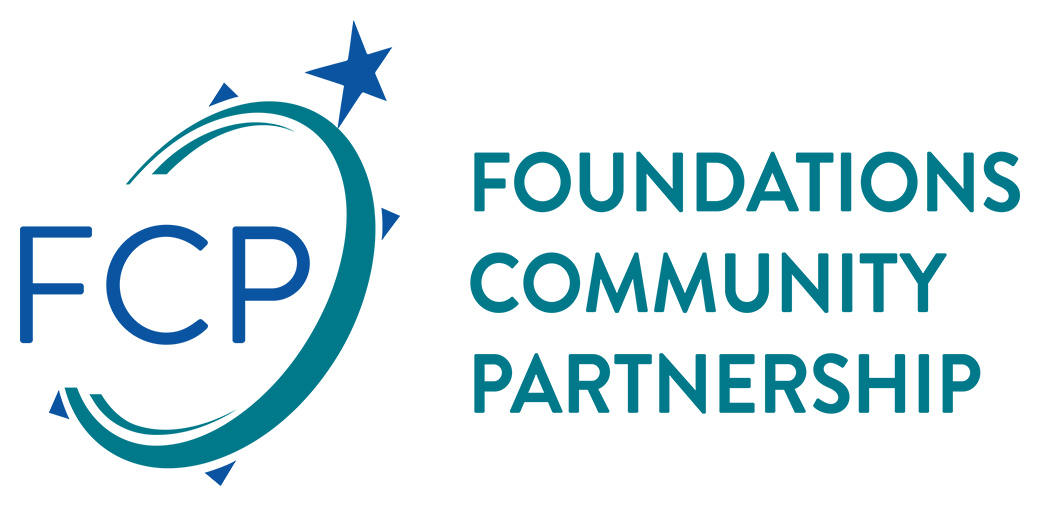Autism Workshop for Dummies?
Don’t let the title fool you. If you attended today’s FCP workshop “Evaluating Different Approaches for Supporting Children with Autism” with Dr. Stephen Shore, you would know that the title referred to his recent publication titled “Autism for Dummies”.
To be honest, the title for today’s workshop led me to believe that this would be a boring lecture with lots of data and graphs touting the benefits of empirical techniques such as Applied Behavior Analysis in the treatment and education of children on the Autistic Spectrum. When I discovered that Dr. Shore had been diagnosed with Autism, I added “monotone voice and humorless” to my list of expectations. I can admit when I’m wrong, wrong, wrong and wrong!
The audience was far from “Dummies.” Most participants were Mental Health Professionals, or Educators with experience in working with the ASD population. In fact, there was one point in Dr. Shore’s presentation that I thought the content may be too elementary for the audience. Actually his presentation provided a different perspective. I ended up enjoying the refresher and update on Behavioral and Developmental approaches to support for children on the Spectrum. Those around me were very attentive, and those whom I talked with at the break agreed.
Today’s workshop was a great learning experience. “Us experts” may have learned some things. Typically, workshops that I’ve attended on treatment techniques for Autism have a medical or mental health professional presenting data (and many graphs) on the effectiveness of a particular medications or treatment methods. The data and the description of the techniques are objective. You can’t help but wonder if the presenter is “just guessing” about the client reaction to treatment. Yes, Dr. Shore presented one statistic. The CDC says that 1 of 88 children has Autism. He did not show etiologic graphs or present data on genetic or environmental causes (thank goodness). It was clear throughout his talk that he was not “just guessing” about the client reaction. He has experienced the world through the cognitive and emotional life of someone with ASD.
The workshop was also fun. Surprisingly, Dr. Shore started with an audience participation song about Autism. About halfway through his presentation, he had the audience participate in an exercise to demonstrate the auditory sensory overstimulation that many children on the spectrum feel in everyday life. The participant reaction was very positive. Throughout his talk, he interspersed humor frequently. Typically, the audience will laugh politely when the speaker makes a joke. There were several times that Dr. Shore elicited true “belly laughs” from participants.
From my point of view, this was a very satisfying Workshop. Dr. Shore handled questions well and completed his presentation. I had a couple of questions in the back of my mind during the workshop. 1. I know that ABA and other behavioral techniques are very effective with many children on the Autistic Spectrum. I also know that these are too intense and intrusive on the families of some of these children. In my experience, one size treatment does not fit all. It was gratifying to hear Dr. Shore discuss the repertoire of both Behavioral and Developmental techniques for education and treatment of children with Autism. 2. In the back of my mind, I have had the question for many years in working with children on the Autistic question. Are these techniques treatment or education? Dr Shore’s presentation today may have helped address this. Perhaps education is treatment and treatment is education for this population.
Any thoughts?
